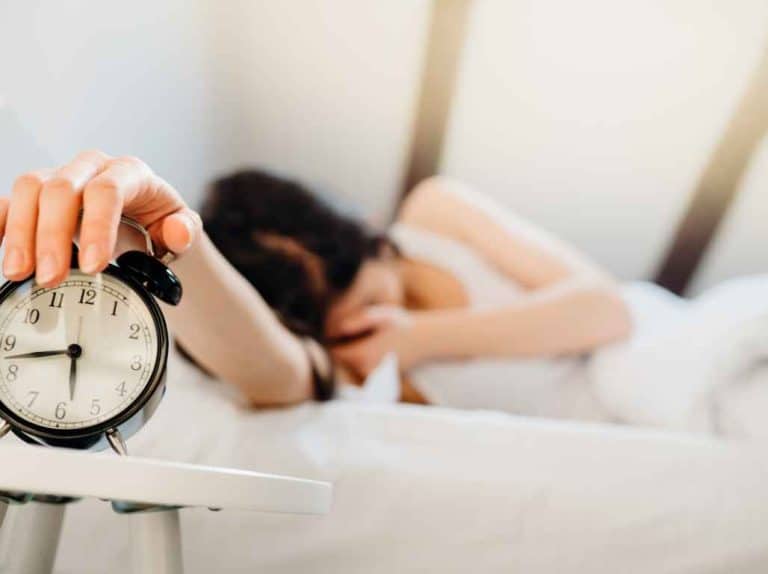The negative effects if alcohol are not far behind the funb. We’re posting this from the Washington Post to explain.
Wash Post Richard Friedman MD tells us: “If you are among the 86 percent of American adults who have ever had a drink, chances are you’ve partaken just to relax or feel socially more at ease. Or perhaps, like so many people who feel anxious or sad, you were hoping to change your mood. Alcohol is immediately rewarding — depending on how quickly you drink and how fast your blood alcohol rises — and is by turns relaxing, euphoriant and disinhibiting. We break down how alcohol affects the brain and why people like being tipsy.
But most people don’t appreciate that while the pleasurable effects of alcohol are nearly instantaneous, the negative effects are delayed — often by several hours or even days. And that time lag makes it hard to see the connection between alcohol and its adverse effects
Negative Effects Of Alcohol Include Anxiety and Depression
A patient of mine, a man in his mid-40s whom I was treating for depression, had become inexplicably anxious and depressed with the return of insomnia after many weeks of solid improvement. I asked him about any stressors at work and home, but he insisted nothing upsetting had happened.
Then I inquired about his alcohol consumption and discovered the reason his mood was heading south. After cutting way back on his drinking at the start of treatment at my urging, he had resumed his usual habit of two to three glasses of wine at dinner as soon as he started to feel better. He didn’t tell me about it.
Negative Effects of Alcohol: Depression
When I explained the alcohol had depressant effects and was the likely culprit in his relapse, he was skeptical. “It’s relaxing, doc, and helps me unwind after work,” he said. So I proposed an experiment: “Stop drinking over the weekend, and let’s see what happens to your mood on Monday.”
He was stunned — and convinced — by the results. His sleep normalized, and his mood was markedly better. It wasn’t just that he was unaware that alcohol had wrecked his mood and sleep; he was beginning to drink more each night to counter the very anxiety provoked by the previous night’s alcohol, setting up a self-sustaining cycle of depression, anxiety and drinking.
You don’t have to suffer from clinical depression or have an anxiety disorder to experience the negative effects of alcohol. They occur even with moderate levels of alcohol consumption typical of normal social drinkers who are free of any psychiatric illness.”
More Articles To Read About Alcohol
New Alcohol Facts: Even A Little Can Hurt
What Happens When You Mix Marijuana and Alcohol
This Is Why Trauma And Addiction Go Together
Cali Sober: Can You Be Sober And Still Smoke Pot
Surprising Most Damaging Age For Drinking Alcohol
Alcohol And Ibuprofen Don’t Mix
How To Help Loved Ones With Alcohol Addiction
Is Alcohol Like Your Toxic Ex: (Tips For An Alcohol Breakup)





















